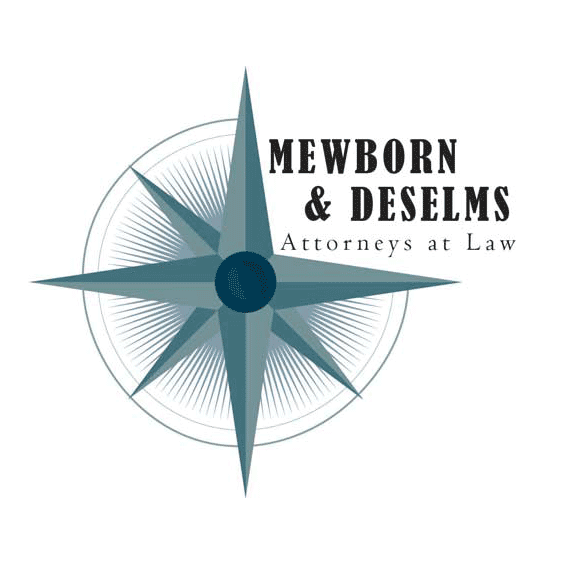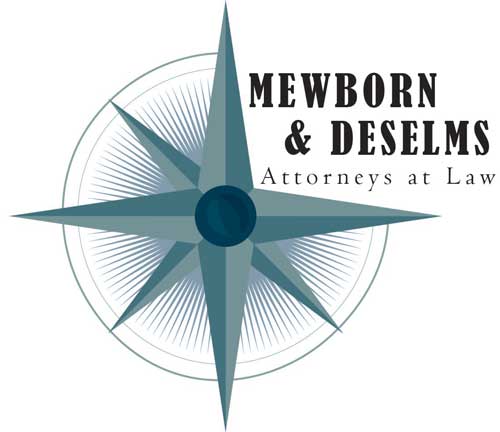Speeding is likely the most common traffic infraction that occurs on roadways all over the state. While officers cannot ticket everyone who speeds, the time may come when you find yourself sitting at the side of the road with the red and blue lights flashing in your rearview mirror. If you end up with a ticket, you may wonder what happens next.
I Drive Safely explains you have two general options: pay the ticket or go to court. Each option has its advantages and disadvantages.
Pay the ticket
If you just want to move on and forget about the whole situation, you can just pay the ticket. The issue with this option is that you admit guilt when you pay, which can have collateral consequences. You may end up with higher insurance rates and points on your driving record.
Go to court
If you want to try to avoid having to pay the ticket because you feel it was unfair, then you can go to court. You should consider using an attorney who can help you put together a case. You may want to mitigate the ticket, which is where you will try to reach a deal with the judge. For example, if this is your first ticket, you may ask for leniency from the judge. You may also be able to fight the ticket on grounds that something during the traffic stop violated your rights or the officer made a mistake.
When you go to court, there is the possibility of walking away a winner, which means no collateral consequences. You save money on paying the ticket and keep your insurance and driving record intact.


